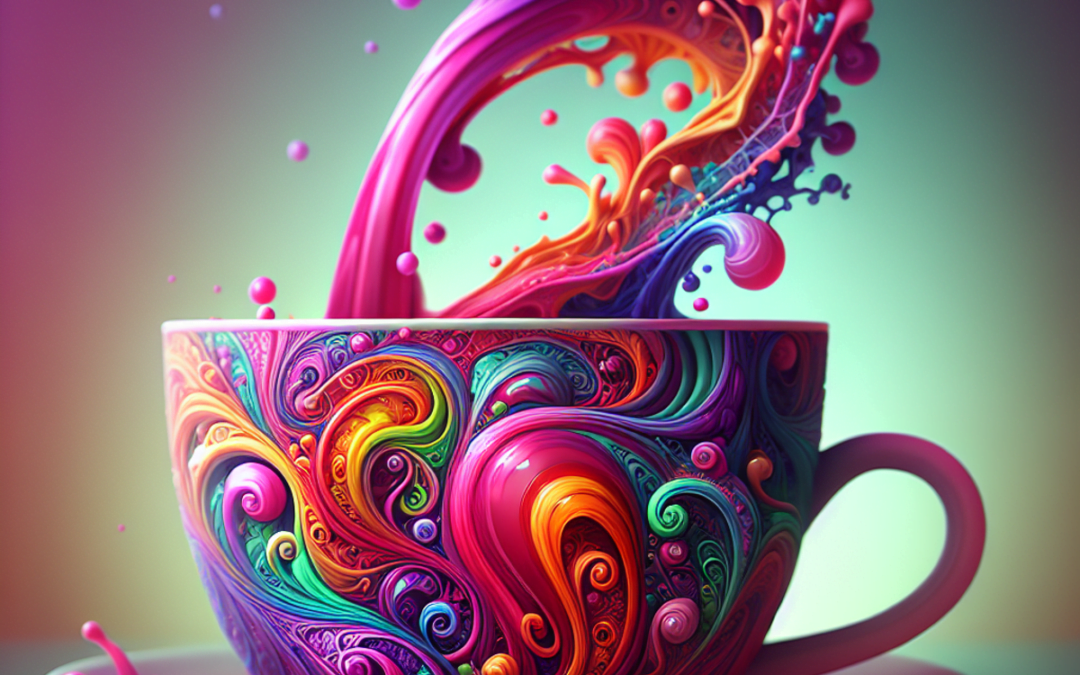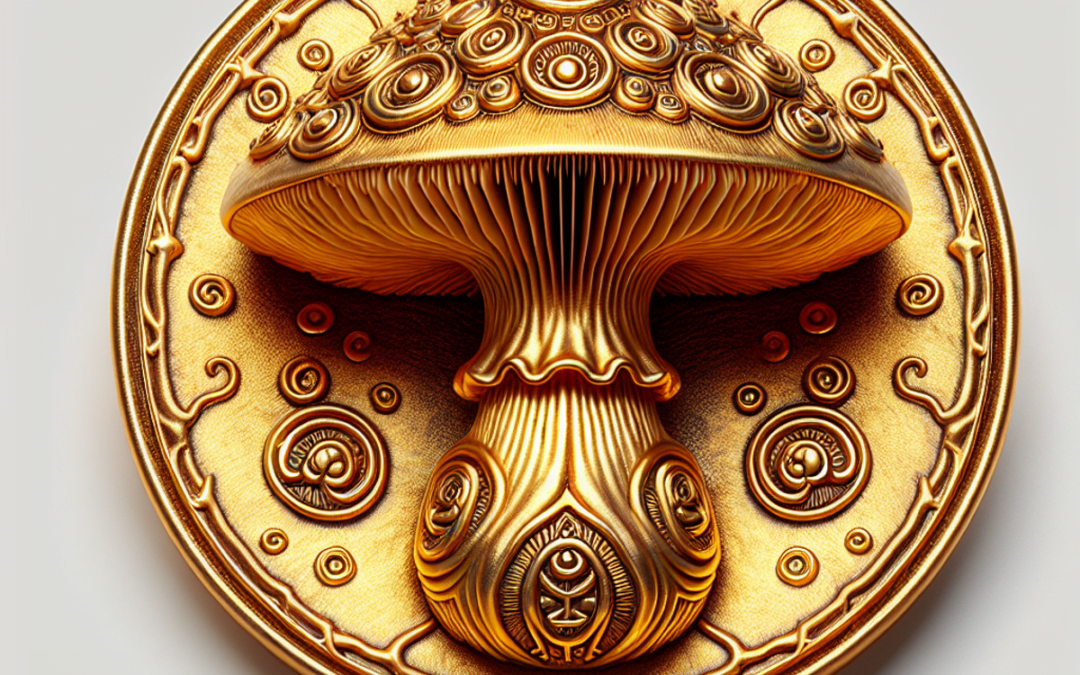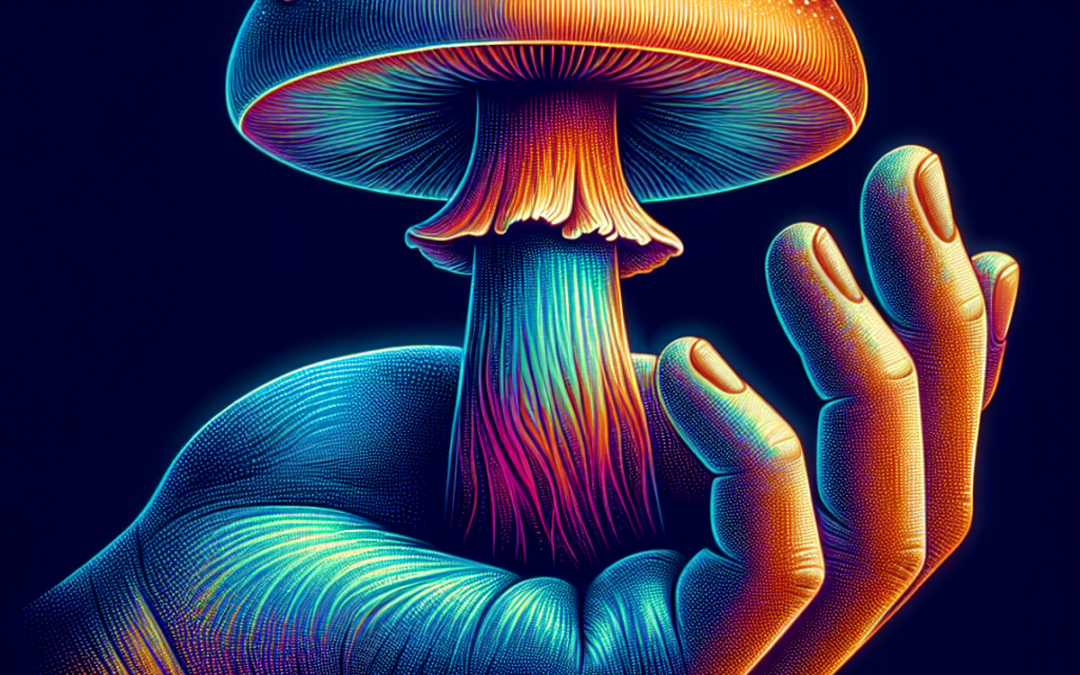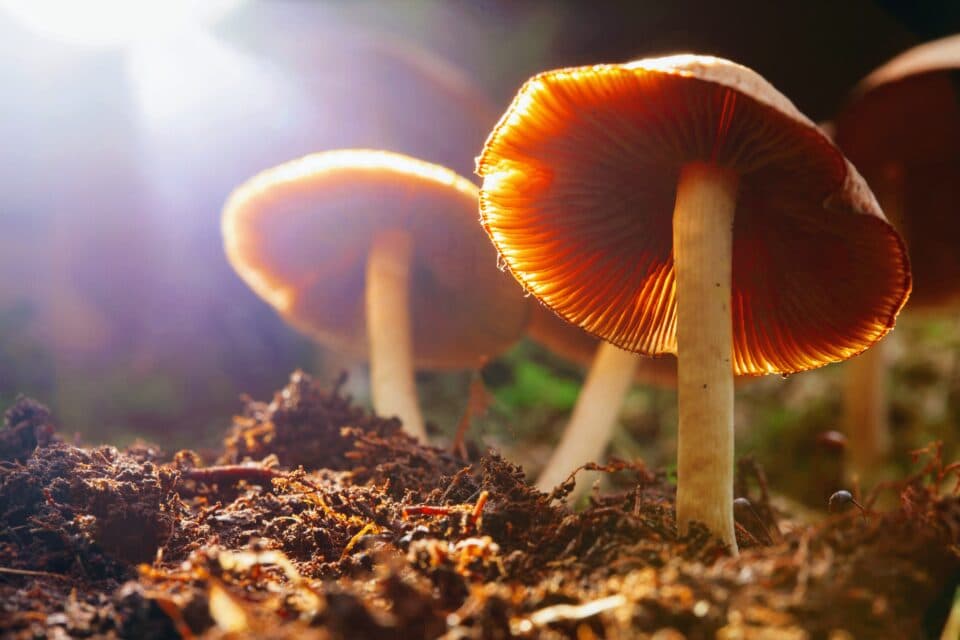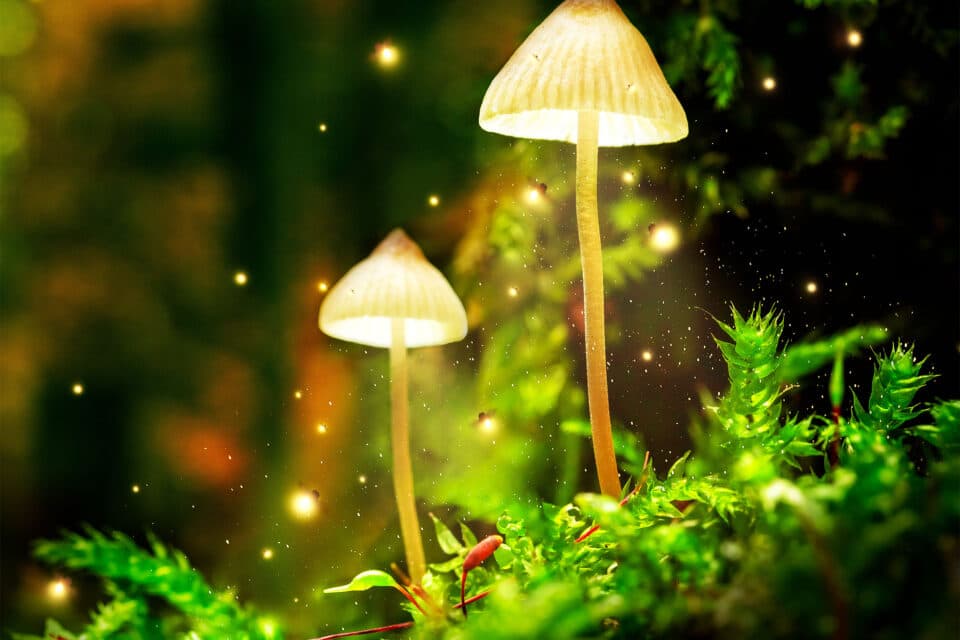Trials in both the UK and US have shown that psychedelics are as good at reducing symptoms of depression as conventional treatment, but also that they actively improve people’s well-being. So why are they still illegal?
Trials conducted in both the United Kingdom and the United States have yielded compelling evidence suggesting that psychedelics can be as effective, if not more so, at reducing symptoms of depression when compared to conventional treatments. Additionally, these trials have shown that psychedelics not only alleviate depressive symptoms but also actively enhance people’s overall well-being and quality of life. This raises a fundamental question: Why are these substances still illegal in many parts of the world? It’s important to note that there is a growing movement advocating for a reevaluation of psychedelic substances, especially in the context of mental health treatment. Several cities and states in the United States and countries worldwide are decriminalizing or legalizing certain psychedelics for medical or recreational use. As research continues to accumulate and public perception evolves, it’s possible that the legal status of psychedelics may change in the future, allowing for a more nuanced and evidence-based approach to their regulation and use.The answer to this question is multifaceted and shaped by a combination of historical, cultural, and regulatory factors.

